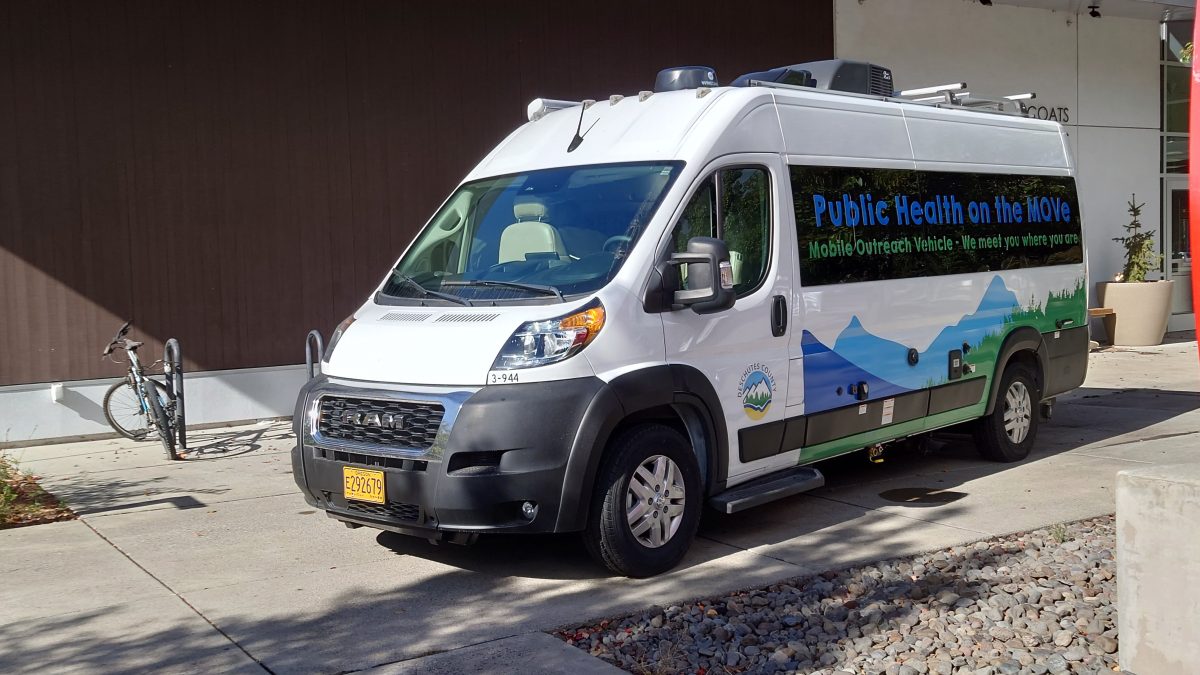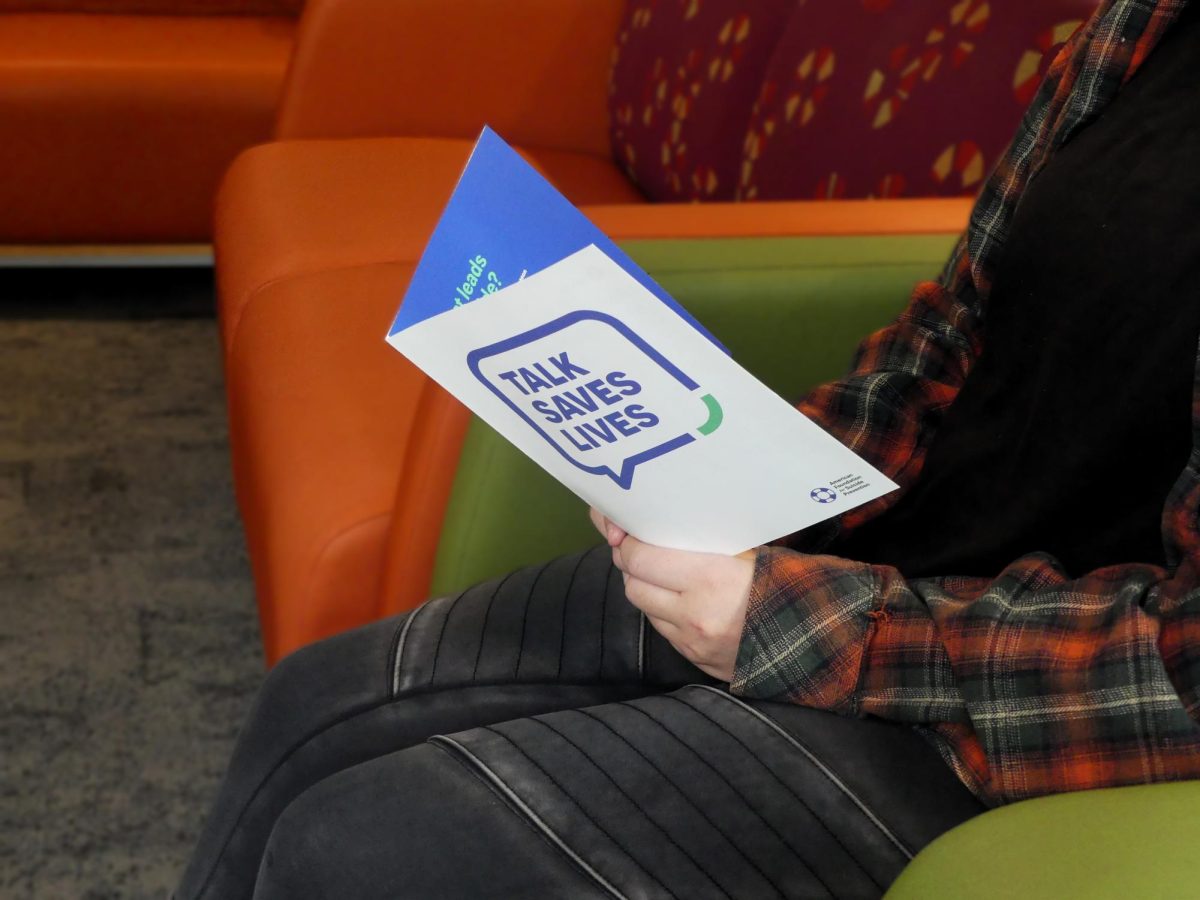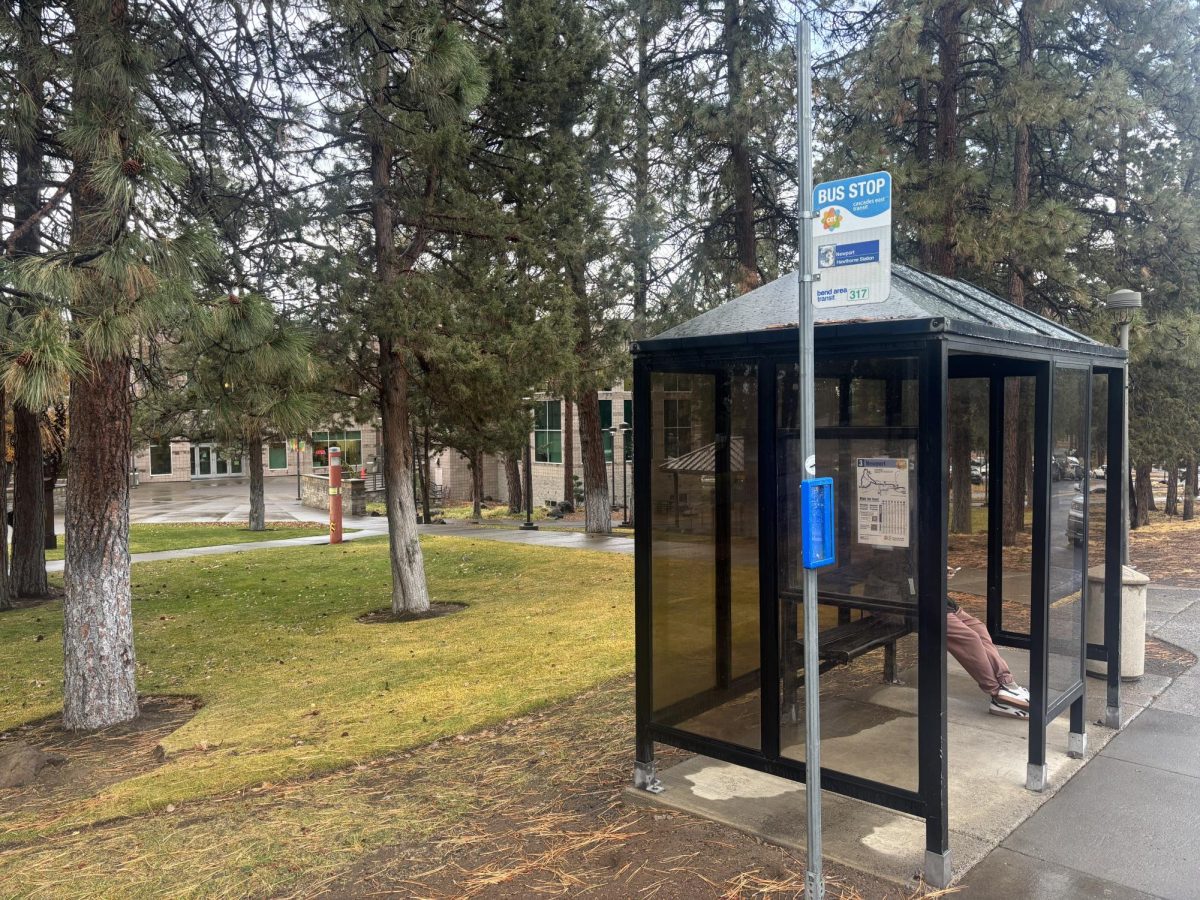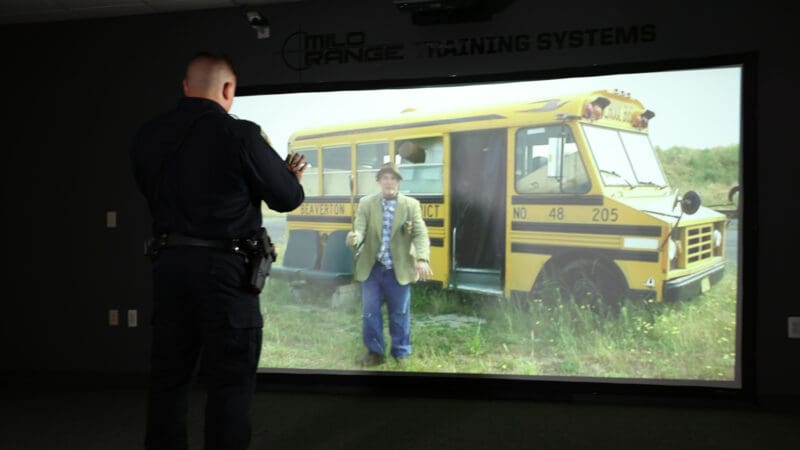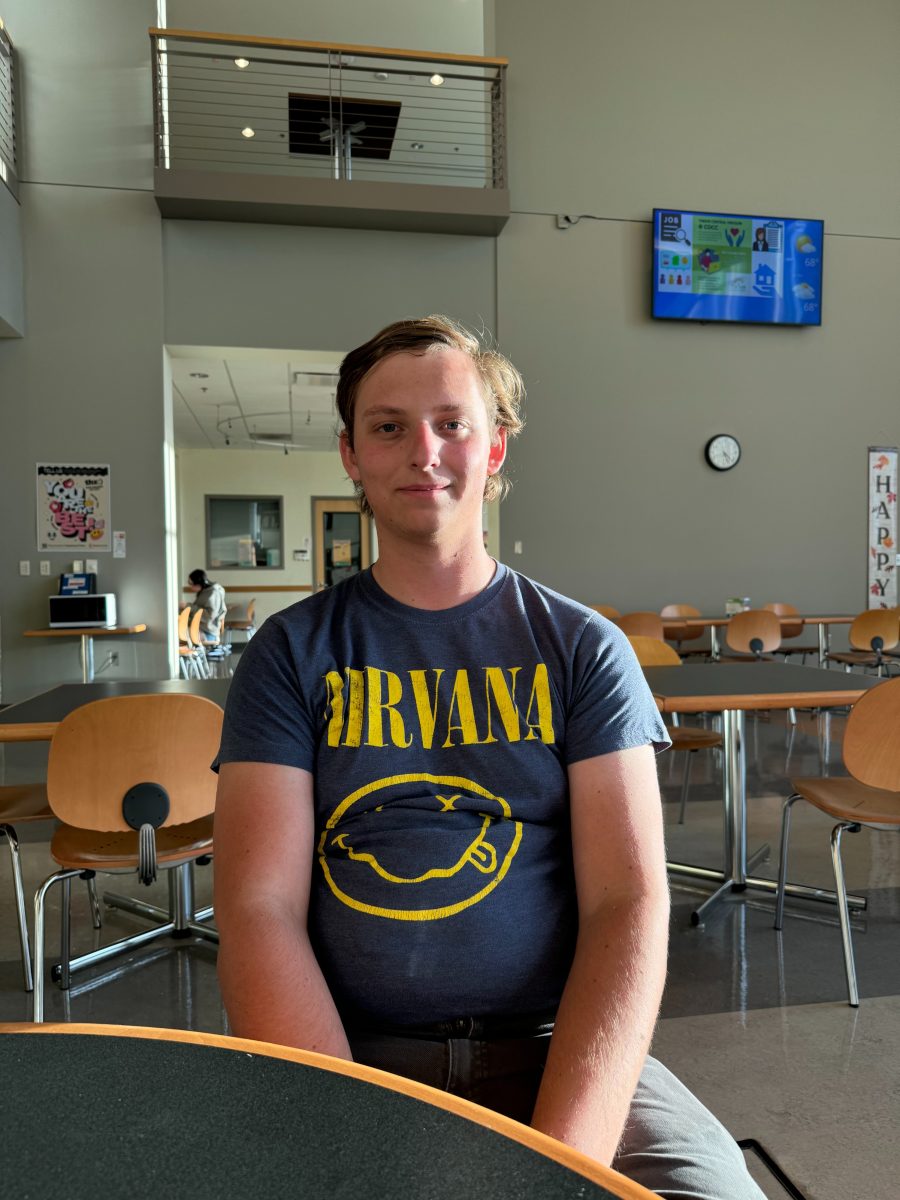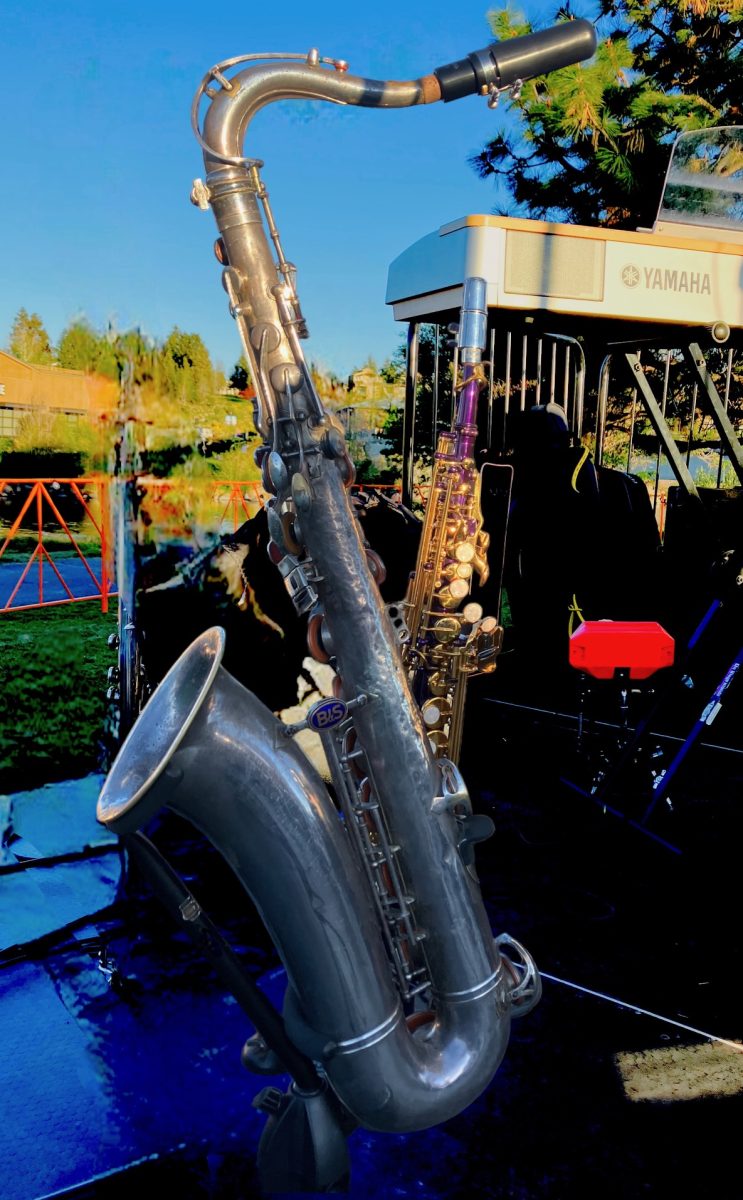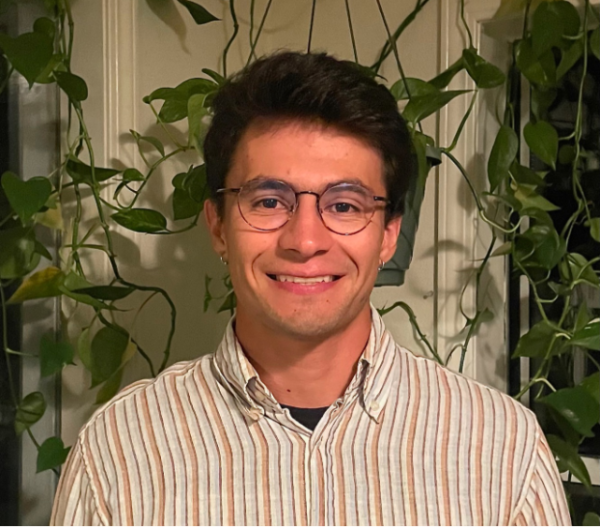COCC and community colleges across Oregon collaborate to develop a Bachelor of Science in nursing after the Oregon Senate bill passes.
Central Oregon Community College and other community colleges across Oregon are developing a Bachelor of Science in Nursing program after lawmakers passed legislation allowing community colleges to offer BSN programs to address the maldistribution of nurses across the state.
Oregon lawmakers passed Senate Bill 523 last summer allowing community colleges to offer BSN programs.
Legislators and healthcare authorities hope to address Oregon’s nursing and nursing educators shortage with the new bill.
Julie Downing, instructional dean at COCC advocated for the bill herself.
“COCC’s president, our vice president, our nursing chair and leadership at Saint Charles Hospital pushed hard for it too. There’s just a desperate need for bachelor-prepared nurses,” said Downing.
When asked why the need for nurses in Oregon, the need is desperate she said,
“There’s two things. One, there’s just an overall nursing shortage, shortage impacts patient care across the country. Then the second one is taking existing registered nurses and adding to their associate degree, giving them a bachelor’s degree; which gives them more depth of knowledge,” said Downing.
In a study published in the 2014 issue of Medical Care, researcher Dr. Olga Yakusheva from the University of Michigan found that a “10% increase in the proportion of baccalaureate-prepared nurses on hospital units was associated with lowering the odds of patient mortality by 10.9%.”
One of the goals of the bill is to educate and train the next generation of nurses for leadership roles as the current nursing workforce is nearing retirement age.
“They’ll take classes on leadership, They’ll take classes on informatics. Otherwise, they’d just learn on the job and probably wouldn’t even be allowed to learn these skills because basically, hospitals are going to give those types of positions to a more educated individual,” said Downing. “They have a harder time moving up into higher paying positions, higher stakes positions at the hospital without a bachelor’s”
COCC currently offers an associate of applied science in the nursing program. Graduates with associates from COCC are less likely to move to a higher position without a BSN.
“There’s a goal out there for hospitals to have at least 80% of their nurses bachelor’s prepared,” said Downing.
Downing specified that the shortage is more of a “maldistribution “ of nurses rather than a shortage.
“There’s not necessarily a shortage in Portland or Seattle because there’s a large volume of people there. They’ve got a lot of nurses they tend to pay real high wages, but you go out to the rural areas and the pay isn’t quite as high.”
“There’s a set number of nurses and if they’re all going to the urban areas then the rurals aren’t getting as much.”
COCC is working in a consortium with other community colleges across the state to create a standard BSN program in hopes of having local nursing students provide healthcare in their communities among other reasons.
“COCC has excellent Nursing faculty and together with the other BSN consortium schools will be providing a meaningful curriculum preparing students to be well-prepared nurses or nurse educators.”
“We want to be able to bring in our own in-district students because there’s a capstone at the end of the BSN program we want to oversee in our own individual communities.”
“Maybe they want to go into palliative care or maybe they want to go into informatics or whatever it might be. I think that’s important too, that they have a really great opportunity at the end of their program, to go into a place and kind of try it out.”
With the exception of in-person capstone classes, credit progress toward a BSN at COCC would be mostly online.
“The current thinking is that the majority of the BSN curriculum will be delivered in an online format,” said Downing.
“There will hopefully be some synchronous component where the students from all the different six schools with their instructors will meet on Zoom maybe monthly or weekly. On regular online classes, you can still chat and you can still do all those other kinds of things. Discussion groups and discussion boards and that kind of thing, but it’s a work in progress.”
While some nursing students expressed they don’t like online classes, they do offer students the flexibility to fit in their busy work-school-life balance.
“I would say online is the most convenient for them, yes, because what we envision and the students we talked to, the most likely students who will be in this program they’re working full-time,” said Downing.
“So nurses generally at Saint Charles, they work three days a week, 12-hour shifts. So they work 36 hours a week. Which gives them four days off a week.”
“So they will have flexibility, they can work on their classes on those days. But you know, they have families and other commitments too. Online will allow them to continue to work and do these classes on their own time. That works best for them,” said Downing. We might not need this last quote. I feel like Downing already has a lot
An affordable online option also allows students seeking to change their careers the flexibility to schedule their schooling around current jobs or taking care of their families.
“I currently work at Deschutes County Behavioral Health in Mental Health Services as it is, so I’d like to be able to stay with that job while I complete my degree,” said pre-nursing student Ben Enyart.
“My family, we all have our roots here. My husband loves what he does. He doesn’t want to go and get a new job. He doesn’t want to move out of the area. I’ve got two teenagers. They do not want to move. I don’t want to move out of the area. I love this area,” said nursing student Jessica George.
A BSN program offered through COCC would also provide local students the benefit of being able to pursue further education closer to home and with a program that supports them.
“A lot of my different teachers, regardless of whether it’s in the nursing program or getting my prerequisites, have been wickedly smart in their fields. I feel like we’re lucky to have them teaching in our school. I forget that this is a Community College sometimes I’m like, oh, shoot, how the heck did We get you? They are compassionate and they’re invested in your growth as well, so I have never felt that I was alone in my class or I didn’t have the support I needed,” said George.
“I know that the faculty is an e-mail away and that they’ll respond to me and give me the best answer that they can. I don’t know GSU, I don’t know Linfield and I feel a connection to the COCC and the program, ” said nursing student Sophie Sears.
When asked what else impedes current RNs from pursuing a BSN, Downing said, “ Cost. Cost. We may charge slightly more than the regular 118 dollar per credit tuition cost but it will certainly be less than most other BSN programs in Oregon.
Nursing graduates from COCC who choose to pursue a BSN typically go to Grand Canyon University, Western Governors University, or Linfield University.
According to their school websites, LU’s and WGU’s online RN to BSN programs cost $16,935 and $19,540 respectively before considering financial aid and how soon a student finishes the program.
In-state tuition at COCC costs $6,111 as of 2023.
The cost of the BSN is yet to be determined because of deliberations with other schools in the BSN community college consortium.
The schools must also apply to be recognized as an official consortium before submitting a curriculum for approval by the Higher Education Coordinating Commission. Then the Northwest Commission on Colleges and Universities must also approve that COCC be able to offer the new BSN program.
“When the bill passed there was language in there that the development of programs process doesn’t start until January of 2024, so we’ve been working for a year getting everything ready but we cannot formally submit our curriculum for approval at the state level until the new process is in place,” said Downing.
When the curriculum is submitted to the HECC, there will be three phases with a 90-day waiting period for any parties to make objections or comments about the submission.
“We’ll be building to eventually get accredited by ACEN,” said Downing.
“We’re making sure that everything we do right now already meets their standards so that when we do put it in place we already got it,” Downing concluded.
If the consortium receives the approvals without any delays, Downing expects the program to start with 10 to 20 local students and several more students as part of the BSN consortium in winter 2026.



